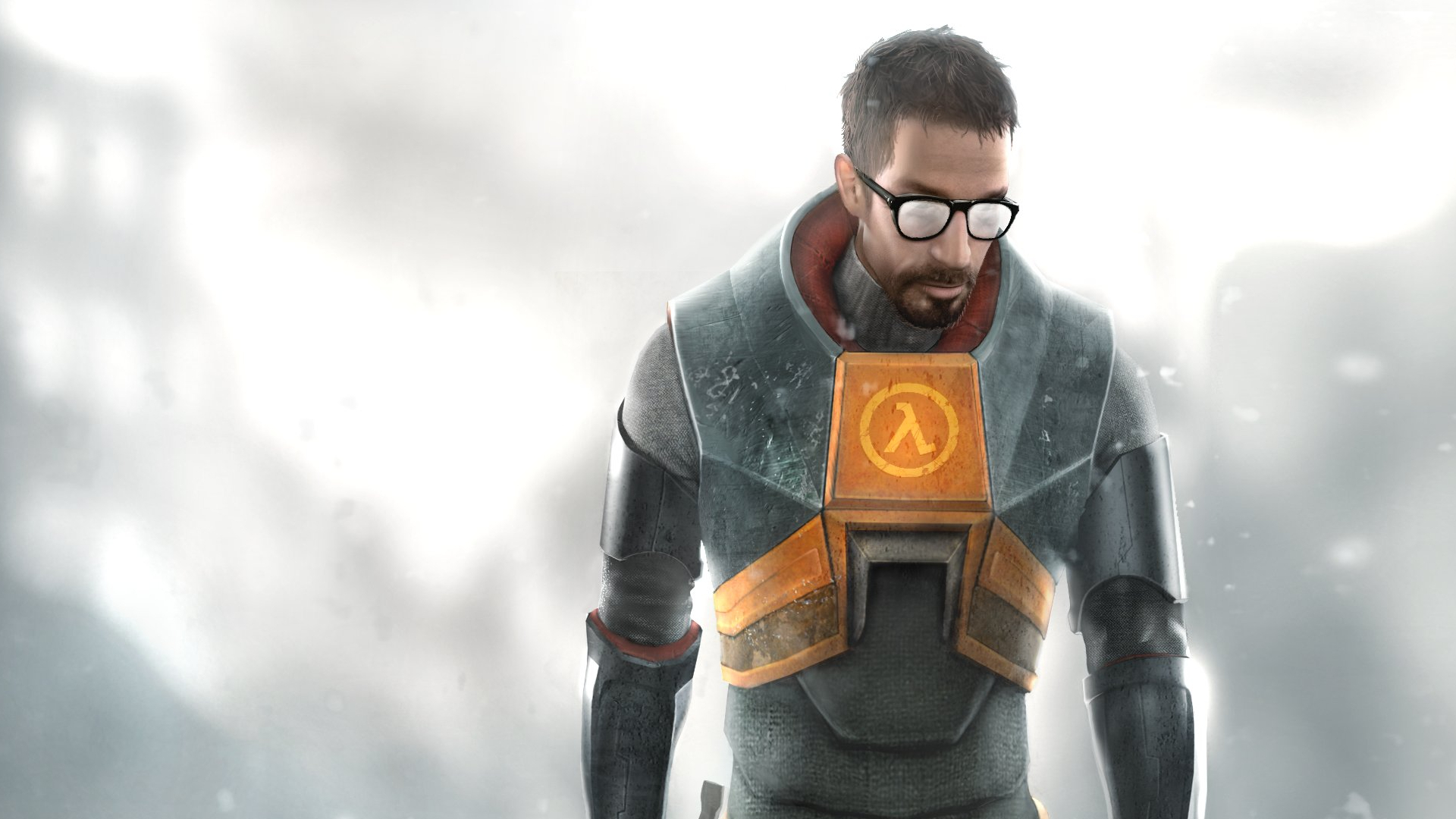
(Image credit: Valve)
Half-Life is currently priced at a mere $2 on Steam, quite a leap from its original price back in 1998. While it’s now common for Valve to offer the game at a full 100% discount during special occasions, making it hard to find Half-Life at its original cost, this wasn’t always the case. When this iconic game first launched, Valve had all its hopes pinned on it, and sales were a top concern, spurring the company to crack down on piracy with strict authentication measures.
In a lecture at the Game Developer’s Conference 2025, Valve’s founding CMO, Monica Harrington, shared a compelling look at these early days. Her Medium post further delves into her journey, highlighting not only her contributions but also the efforts of many talented individuals in creating a solid platform for Half-Life. Amidst the tales of building a new company, an interesting story of countering piracy emerged.
“At the time, consumer-level piracy was just becoming a significant issue,” Harrington recounted. She humorously recalled her nephew’s use of a $500 check, meant for school expenses, to buy a CD-ROM replicator to copy games. “It was a generational shift coupled with technological advances putting our business model at risk.” As a result, Valve introduced an authentication system requiring users to directly validate and register their game copies with the company.
Soon, message boards were filled with complaints: ‘The game doesn’t work,’ they cried. An investigation led by Mike Harrington revealed that these issues were rooted in piracy—the system was effectively preventing unpurchased copies from functioning.
This episode unfolded at a time when Valve had already endured the difficult decision to overhaul Half-Life from the ground up, described by Harrington as initially “not fun enough.” As a fledgling company struggling to gain a foothold and secure its team, Valve’s situation was precarious. Fortunately, the authentication system showed great promise by blocking unauthorized copies, a crucial need during those nascent days of the game.
In a related note from the GDC, another revelation surfaced: Blizzard created Diablo 4’s most powerful item modifiers in the very final stages of development: “Literally, we had 2 weeks left in the development schedule.” Stay tuned for more such insights and stories from your favorite gaming communities.